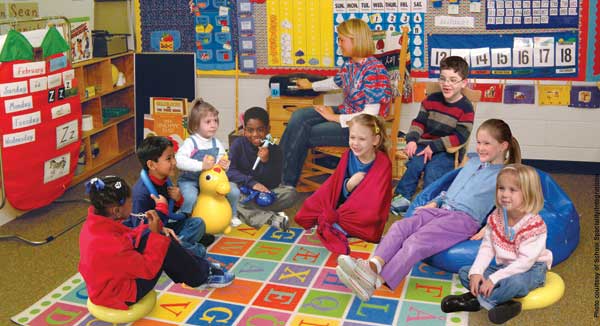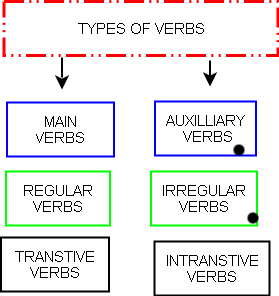'Delivery' refers to the way in which you actually deliver or perform or give your presentation. Delivery is a vital aspect of all presentations. Delivery is at least as important as content, especially in a multi-cultural context.
Nerves
Most speakers are a little nervous at the beginning of a presentation. So it is normal if you are nervous. The answer is to pay special attention to the beginning of your presentation. First impressions count. This is the time when you establish a rapport with your audience. During this time, try to speak slowly and calmly. You should perhaps learn your introduction by heart. After a few moments, you will relax and gain confidence.
Audience Rapport
You need to build a warm and friendly relationship with your audience. Enthusiasm is contagious. If you are enthusiastic your audience will be enthusiastic too. And be careful to establish eye contact with each member of your audience. Each person should feel that you are speaking directly to him or her. This means that you must look at each person in turn - in as natural a way as possible. This will also give you the opportunity to detect signs of boredom, disinterest or even disagreement, allowing you to modify your presentation as appropriate.
Your objective is to communicate.

What you do not say is at least as important as what you do say. Your body is speaking to your audience even before you open your mouth. Your clothes, your walk, your glasses, your haircut, your expression - it is from these that your audience forms its first impression as you enter the room . Generally speaking, it is better to stand rather than sit when making a presentation. Be aware of and avoid any repetitive and irritating gestures. Be aware,too,that the movement of your body is one of your methods of control. When you move to or from the whiteboard, for example, you can move fast or slowly, raising or reducing the dynamism within the audience.You can stand very still while talking or you can stroll from side to side. What effect do you think these two different approaches would have on an audience?
Voice quality
It is, of course, important that your audience be able to hear you clearly throughout your presentation. Remember that if you turn away from your audience, for example towards the whiteboard, you need to speak a little more loudly. In general, you should try to vary your voice. Your voice will then be more interesting for your audience. You can vary your voice in at least three ways:
1. Speed: you can speak at normal speed, you can speak faster, you can speak more slowly - and you can stop completely! You can pause. This is a very good technique for gaining your audience's attention.
2. Tone: you can change the pitch of your voice. You can speak in a high tone. You can speak in a low tone.
3. Volume: you can speak at normal volume, you can speak loudly and you can speak quietly. Lowering your voice and speaking quietly can again attract your audience's interest.
The important point is not to speak in the same,flat, monotonous voice throughout your presentation - this is the voice that hypnotists use to put their patients' into trance.
Visual aids
Of all the information that enters our brains, the vast majority of it enters through the eyes. 80% of what your audience learn during your presentation is learned visually (what they see) and only 20% is learned aurally (what they hear). The significance of this is obvious:
• Visual aids are an extremely effective means of communication
• Non-native English speakers need not worry so much about spoken English - they can rely more heavily on visual aids
It is well worth spending time in the creation good visual aids. But it is equally important not to overload your audience's brains. Keep the information on each visual aid to a minimum - and give your audience time to look at and absorb this information . Remember, your audience have never seen these visual aids before. They need time to study and to understand them. Without understanding there is no communication.
Audience Reaction
Remain calm and polite if you recieve calm and polite if you receive difficult or even hostile questions during your presentation. If you receive particularly awkward questions, you might suggest that the questioners ask their questions after your presentation.


































